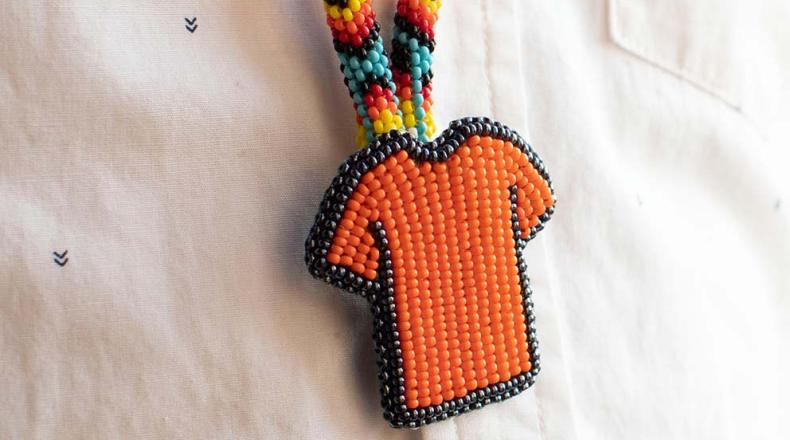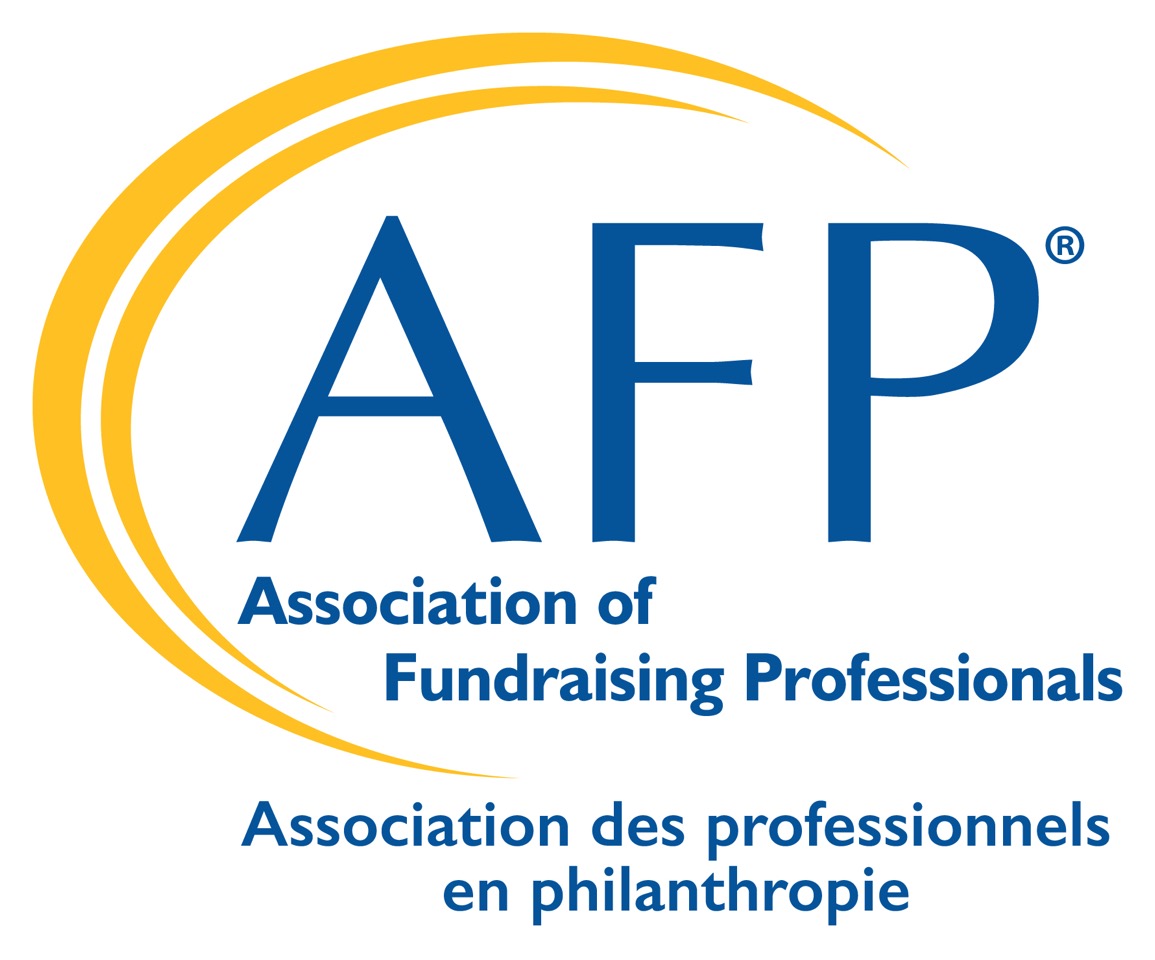AFP on Truth and Reconciliation: "Actions speak louder …"

September 30 is Canada’s first National Day for Truth and Reconciliation with many events planned across our country.
For example, the National Centre on Truth and Reconciliation has a full week of learnings and events, calling this a week of Truth and Reconciliation. In addition, local organizations across our country are commemorating the terrible legacy of the former Indian Residential Schools, honouring the survivors and remembering those who never came home from school.
As former senator and chief commissioner of the Truth and Reconciliation Commission Murray Sinclair told the CBC recently, National Day for Truth and Reconciliation is one step on a long journey. Today, as Canadians take that step in the Truth and Reconciliation journey, AFP is committing to take action.
In an effort to have their actions speak louder than words, the boards of AFP Canada and the AFP Foundation for Philanthropy – Canada have formed a joint task force to determine steps they can take to create an authentic path to Truth and Reconciliation with Indigenous peoples in Canada. The task force, co-chaired by Jennifer Johnstone and Susan Storey, CFRE, will develop a list of possible actions and report separately to both boards in mid-December.
“It’s time to take a pause, to think, to consider and to consult about what we as a profession are committing to do,” says Ken Mayhew, chair of AFP Canada, “and we are fortunate to have very good people to advise us.”
“Reconciliation has been on our agenda since the national leadership retreat in 2019, where the issue was the main topic,” adds Jane Potentier, chair of AFP Foundation for Philanthropy – Canada. “This joint working group will identify, in consultation with leaders from Indigenous communities and members of AFP, truly meaningful actions that AFP in Canada can take.”
Since May 2021, the results of investigations by Indigenous communities began to confirm the existence of unmarked graves of children on the sites of former Indian Residential Schools. Known and spoken about in First Nations for decades, the findings from Tk’emlúps te Secwépemc First Nation’s search, and the findings of searches initiated by other First Nations validated the accounts of unmarked burials of children in a systematic and scientific way.
So far in 2021, 1,308 unmarked graves have been located. More are expected. According to conservative estimates from the Truth and Reconciliation Commission, approximately 4,100 to 6,000 children died amid abuse and neglect while in the Residential School System, which ran until 1996.
The Fundraising Profession and Truth and Reconciliation
Many philanthropic organizations have been deeply engaged in the work of Truth and Reconciliation. Non-Indigenous organizations in the public, private and nonprofit sectors have issued strong statements about their determination to do better.
“It’s not satisfying to anyone for AFP to just issue a statement. This is about more than words. We want to offer a response of action, action in a fulsome way. We want this to change us,” says Mayhew.
AFP leadership believes this work shouldn’t be done by Indigenous leaders alone. Non-Indigenous leaders need to play an important role in determining the fundraising profession’s response to Truth and Reconciliation. While Indigenous leaders will be consulted as part of AFP’s work, the working group is made up of non-Indigenous members.
“It is time for others to take responsibility for these actions and show our support and commitment to bringing change and recognizing the atrocities that occurred while at the same time developing an action plan on how to do this,” says Potentier.
“The construct of Canada as a caring society has to be reconsidered and redefined,” says Mayhew. “How can philanthropy evolve? How do we acknowledge the different ways we can provide service? We are required to evolve. And we want to be on the right side of the conversation.”
Next Steps
AFP Canada, the AFP Foundation for Philanthropy – Canada, and individual chapters have been doing work around Indigenous perspective for the last couple of years. In 2020, more than 500 AFP members in Manitoba, Saskatchewan, Alberta and British Columbia took part in a 10-hour online Indigenous cultural training program that the Manitoba chapter of AFP was able to negotiate with the Indigenous Leadership Development Institute as part of the overall training of health care workers in Manitoba, where Indigenous Canadians make up 18% of the population.
Potentier says that in her conversations with AFP members, she hears them really wanting to change the conversation around philanthropy, but they struggle with knowing how.
“It is time for us to examine the foundations of our work and the systems they are built upon,” says Potentier, “and as a white woman with immense privilege, I have so much to learn and unlearn. And I am committed to doing this work.”
“What keeps me up at night is the power imbalance among the people our organizations serve and what we, in philanthropy, do,” says Mayhew. “The gap is wide.”
The AFP Foundation for Philanthropy – Canada intends to join The Circle on Philanthropy and sign its Declaration of Action that encourages “individuals and organizations to learn, acknowledge, and understand more about reconciliation and the decolonization of wealth.”
Throughout the fall, the joint task force will be conducting outreach to Indigenous leaders, communicating with individuals, national AFP committees, and gathering input to inform potential actions that AFP can take in response to Truth and Reconciliation.
The committee will have its recommendations ready for the AFP Canada Board and the AFP Foundation for Philanthropy – Canada Board in December for their board meetings.
If you would like to do something today, The Circle on Philanthropy is encouraging Canadians to give one day’s pay to support Indigenous projects, movements, organizations and nations.
For Help, Call: 1-866-925-4419
The Indian Residential Schools Crisis Line is available 24-hours a day for anyone experiencing pain or distress because of their Residential school experience. For more information on the program, please refer to the First Nations Health Authority (FNHA) website.


